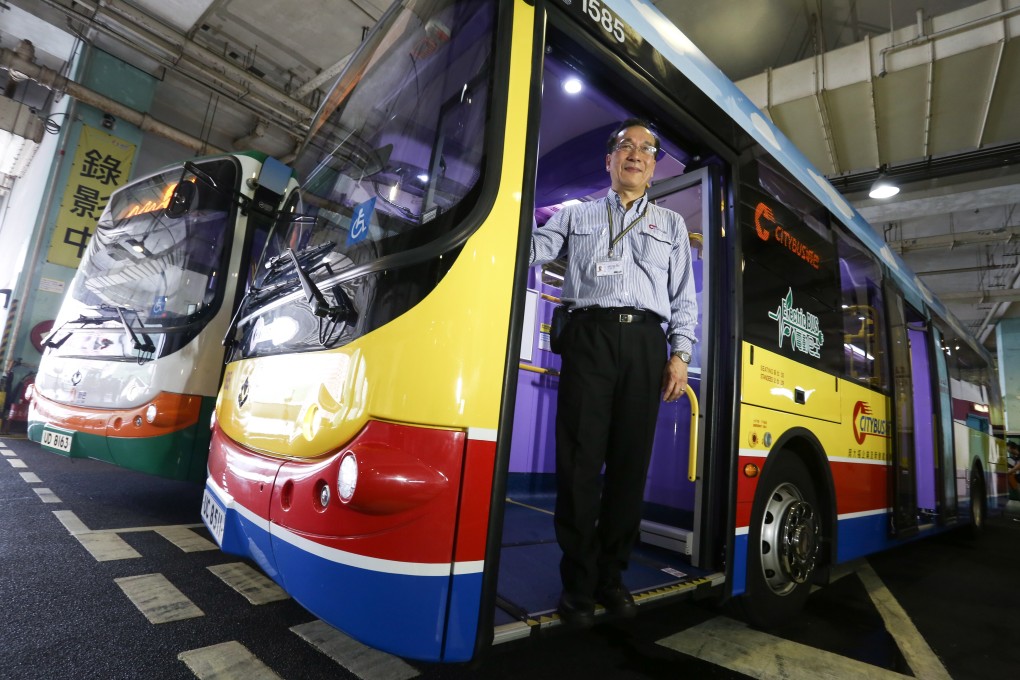Advertisement
Letters | Coronavirus: Hong Kong economy must choose the green route to recovery
- While the recently announced Green Employment Scheme is welcome news, Hong Kong can do more to invest in environment-friendly projects that create jobs
- The government’s electric vehicles road map must chart a path towards zero-emission mobility
Reading Time:2 minutes
Why you can trust SCMP

As part of the Hong Kong government’s plan to revive the economy, the secretary for the environment announced a Green Employment Scheme to provide more than 500 time-limited jobs in three categories: electric vehicle popularisation, waste reduction and recycling.
Clean Air Network welcomes the government’s effort to attempt a green approach to economic recovery. However, given the 200,000 unemployed in the city, the current scheme can be seen as a rather short-term and piecemeal measure. Stronger green stimulus is needed to achieve both economic and environmental goals.
A recent study published by a team led by Cameron Hepburn of Oxford University, which included Nobel Prize-winning economist Joseph Stiglitz and former World Bank chief economist Lord Nicholas Stern, found that green projects create more jobs, deliver higher short-term returns and lead to increased long-term cost savings.
Advertisement
In Hong Kong, there are obvious uncertainties to economic recovery in the medium term. It is unclear how foreign investment may react to the latest political developments, given the current tensions in China-US relations, and whether Covid-19 will come back as a seasonal outbreak.
In the long term, it would be worthwhile to have a cross-disciplinary conversation among different sectors, to strategise a green approach to reviving the economy and public health, and thus the overall well-being of society.

02:57
Hidden pollution: what’s in Hong Kong’s air?
Hidden pollution: what’s in Hong Kong’s air?
For example, the financial secretary announced in this year’s budget that the government will formulate Hong Kong’s first electric vehicles road map. This represents a good opportunity for the government, the private sector, experts and civil society to plan a future of zero-emission mobility that serves not only economic but also environmental health goals.
Advertisement
Select Voice
Choose your listening speed
Get through articles 2x faster
1.25x
250 WPM
Slow
Average
Fast
1.25x